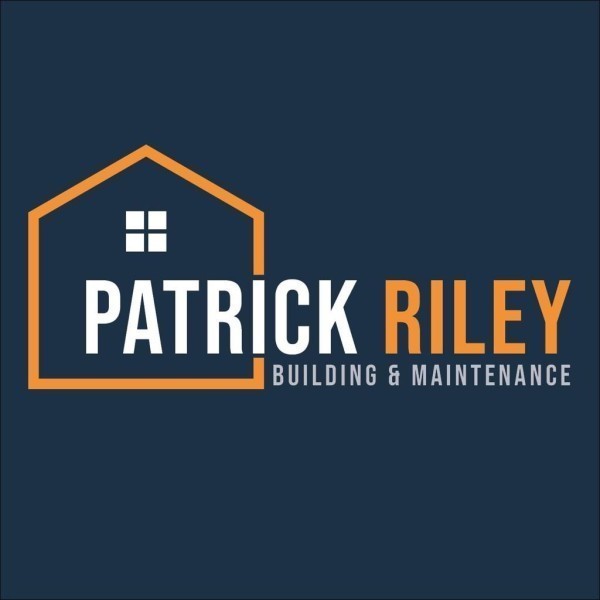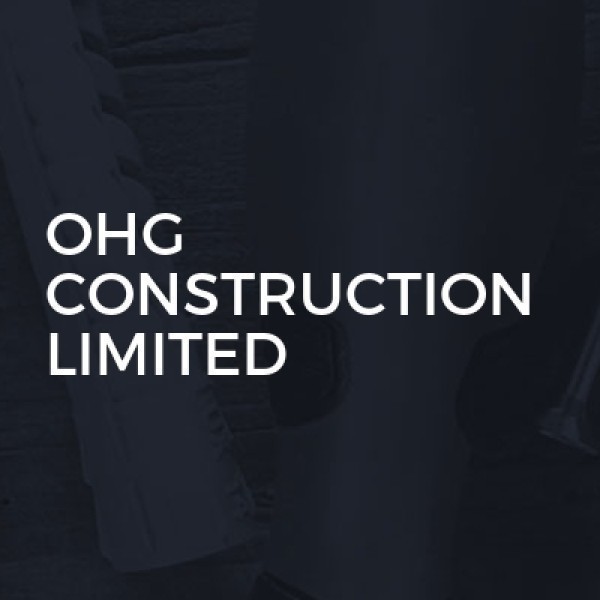New Builds in Liverpool
Filter your search
Post your job FREE and let trades come to you
Save time by filling out our simple job post form today and your job will be sent to trades in your area so you can sit back, relax and wait for available trades to contact you.
Post your job FREESearch New Builds in places nearby
Introduction to New Builds in Liverpool
Liverpool, a city renowned for its rich history, vibrant culture, and dynamic economy, is experiencing a remarkable transformation. The surge in new builds in Liverpool is reshaping the cityscape, offering a blend of modern living spaces and commercial opportunities. This article delves into the multifaceted world of new constructions in Liverpool, exploring their impact on the community, economy, and environment.
The Rise of New Builds in Liverpool
The demand for new builds in Liverpool has skyrocketed in recent years. This surge is driven by a combination of factors, including population growth, urban regeneration projects, and increased investment in the region. As Liverpool continues to evolve, new developments are playing a crucial role in meeting the housing needs of its residents while also attracting new businesses and tourists.
Historical Context
Liverpool's history as a bustling port city laid the foundation for its current growth. The city's strategic location and rich maritime heritage have long attracted people from all over the world. Today, this historical backdrop serves as a catalyst for new developments, blending the old with the new to create a unique urban landscape.
Key Drivers of Development
- Economic Growth: Liverpool's economy has been on an upward trajectory, with sectors like digital technology, healthcare, and education leading the charge.
- Population Increase: The city's population is growing, necessitating more housing and infrastructure.
- Government Initiatives: Local and national government policies are encouraging investment in new builds.
Types of New Builds in Liverpool
The variety of new builds in Liverpool is impressive, catering to diverse needs and preferences. From residential apartments to commercial spaces, the city offers a wide range of options for potential buyers and investors.
Residential Developments
Residential new builds are at the forefront of Liverpool's transformation. These developments range from luxury apartments in the city centre to affordable housing projects in suburban areas. They are designed to accommodate the needs of families, young professionals, and retirees alike.
Luxury Apartments
High-end apartments are becoming increasingly popular in Liverpool, offering residents modern amenities, stunning views, and convenient access to the city's attractions.
Affordable Housing
To address the housing crisis, Liverpool is investing in affordable housing projects that provide quality living spaces at reasonable prices.
Commercial Developments
Commercial new builds are also on the rise, with new office spaces, retail centres, and mixed-use developments springing up across the city. These projects are designed to boost the local economy and create jobs.
Office Spaces
Modern office buildings are attracting businesses from various sectors, contributing to Liverpool's reputation as a business hub.
Retail Centres
New shopping centres and retail spaces are enhancing Liverpool's appeal as a shopping destination, drawing both locals and tourists.
Impact on the Local Economy
The proliferation of new builds in Liverpool is having a profound impact on the local economy. These developments are creating jobs, attracting investment, and boosting the city's overall economic health.
Job Creation
Construction projects are generating employment opportunities for local residents, from skilled tradespeople to administrative staff. Once completed, these new builds continue to support jobs in sectors like retail, hospitality, and property management.
Investment Opportunities
Liverpool's new builds are attracting both domestic and international investors. The city's growing reputation as a vibrant, forward-thinking metropolis makes it an attractive destination for investment in real estate and business ventures.
Environmental Considerations
As Liverpool embraces new developments, environmental sustainability is a key consideration. Developers are increasingly incorporating eco-friendly practices and technologies into their projects to minimise their environmental impact.
Green Building Practices
Many new builds in Liverpool are designed with sustainability in mind, featuring energy-efficient systems, sustainable materials, and green spaces.
Urban Regeneration
Urban regeneration projects are revitalising neglected areas of the city, transforming them into vibrant, sustainable communities.
Community Impact and Social Benefits
Beyond economic and environmental considerations, new builds in Liverpool are also enhancing the social fabric of the city. These developments are fostering a sense of community and improving the quality of life for residents.
Community Spaces
Many new developments include communal areas, such as parks, playgrounds, and community centres, which encourage social interaction and community engagement.
Improved Infrastructure
New builds often come with improved infrastructure, including better roads, public transport links, and utilities, making life more convenient for residents.
Challenges and Solutions
While the growth of new builds in Liverpool is largely positive, it does present certain challenges. These include concerns about affordability, infrastructure strain, and maintaining the city's cultural heritage.
Affordability Concerns
Ensuring that new builds remain affordable for all residents is a key challenge. Developers and policymakers are working together to create solutions, such as affordable housing schemes and incentives for first-time buyers.
Infrastructure Strain
The rapid pace of development can put a strain on existing infrastructure. To address this, Liverpool is investing in upgrades and expansions to its transport network, utilities, and public services.
Preserving Cultural Heritage
As new builds rise, it's crucial to preserve Liverpool's rich cultural heritage. This involves careful planning and design to ensure that new developments complement the city's historic architecture and landmarks.
Future Prospects for New Builds in Liverpool
The future of new builds in Liverpool looks promising, with continued growth and innovation on the horizon. The city's commitment to sustainable development, economic prosperity, and community well-being bodes well for its future.
Technological Innovations
Advancements in construction technology are set to revolutionise the way new builds are designed and constructed, making them more efficient, sustainable, and cost-effective.
Continued Investment
Liverpool is poised to attract even more investment in the coming years, with new projects and initiatives in the pipeline that will further enhance the city's appeal.
Frequently Asked Questions
- What types of new builds are most common in Liverpool? Residential apartments and commercial spaces are the most common types of new builds in Liverpool.
- How do new builds impact Liverpool's economy? They create jobs, attract investment, and boost the local economy.
- Are new builds in Liverpool environmentally friendly? Many new builds incorporate sustainable practices and technologies to minimise their environmental impact.
- What challenges do new builds in Liverpool face? Challenges include affordability, infrastructure strain, and preserving cultural heritage.
- What is the future outlook for new builds in Liverpool? The future looks promising, with continued growth, innovation, and investment expected.
- How do new builds benefit the community? They provide improved infrastructure, community spaces, and enhance the quality of life for residents.
In conclusion, the landscape of new builds in Liverpool is a testament to the city's resilience and forward-thinking approach. As Liverpool continues to grow and evolve, these developments will play a pivotal role in shaping its future, offering exciting opportunities for residents, businesses, and investors alike.











